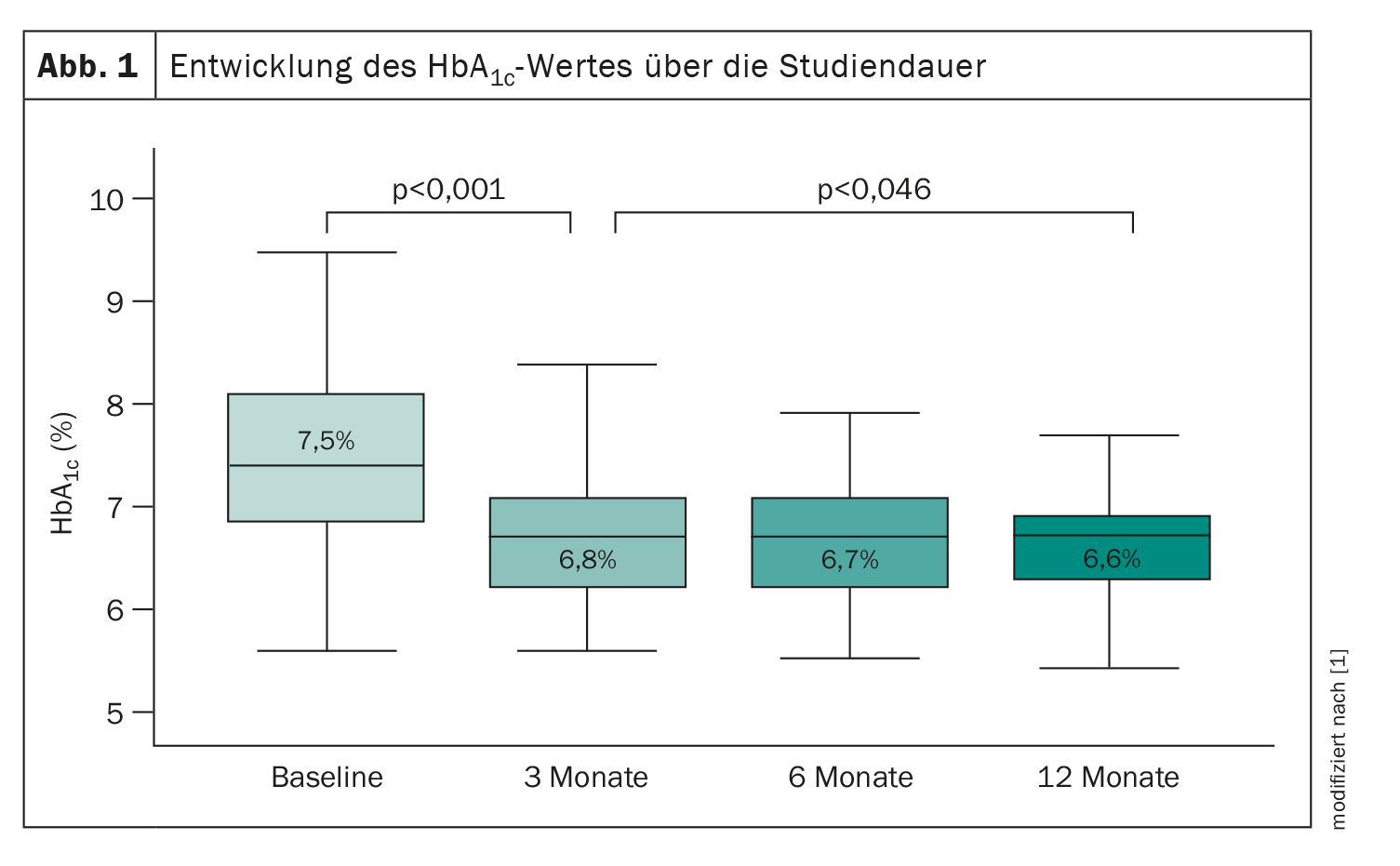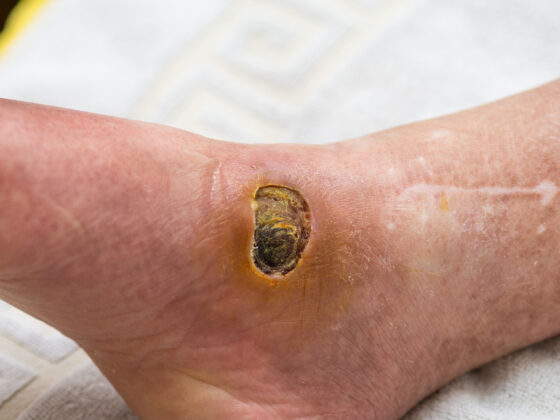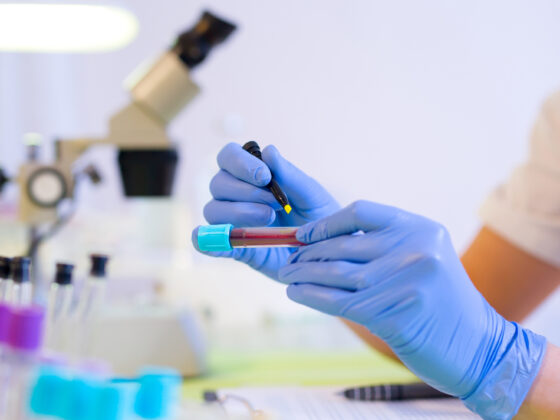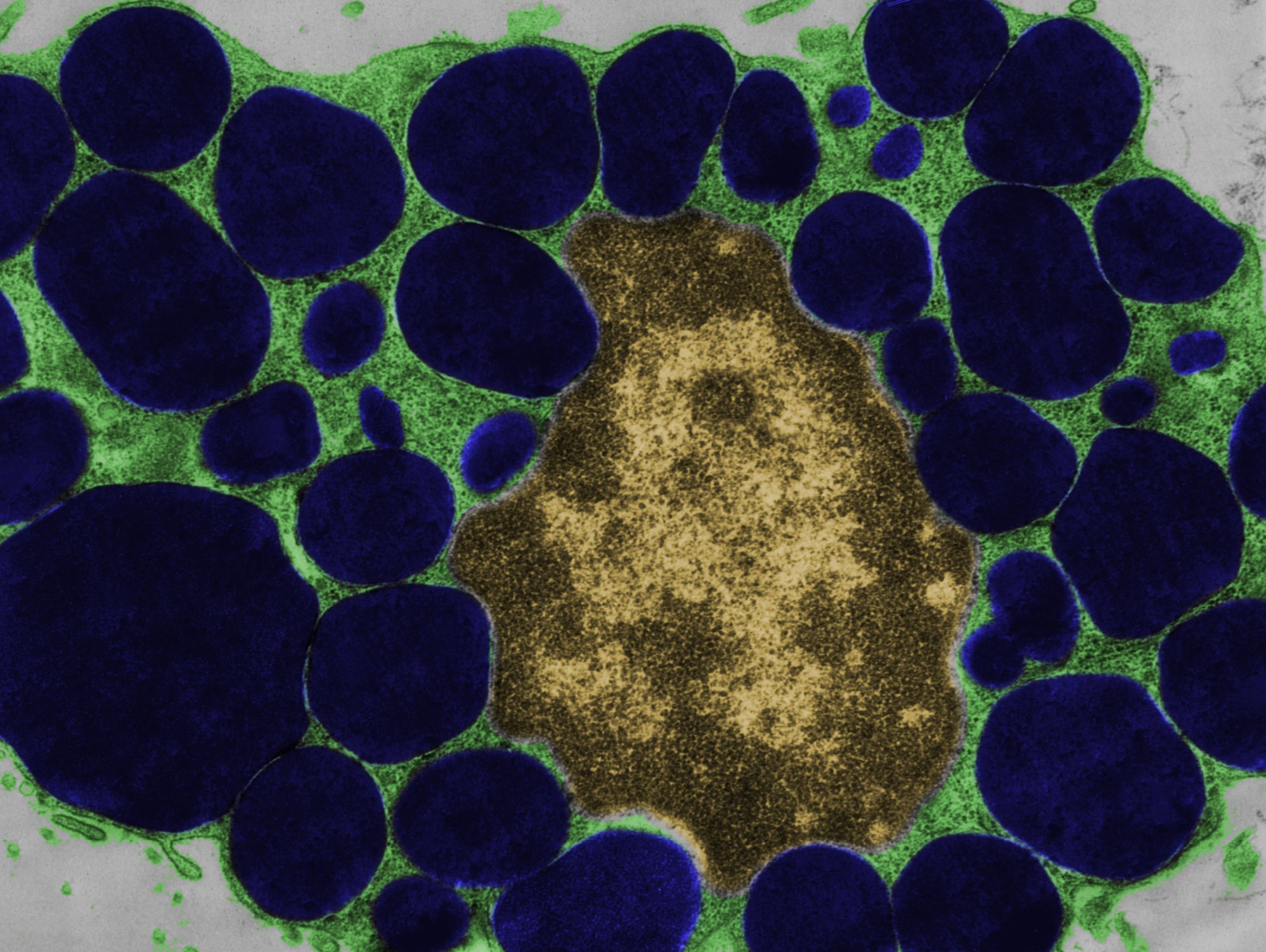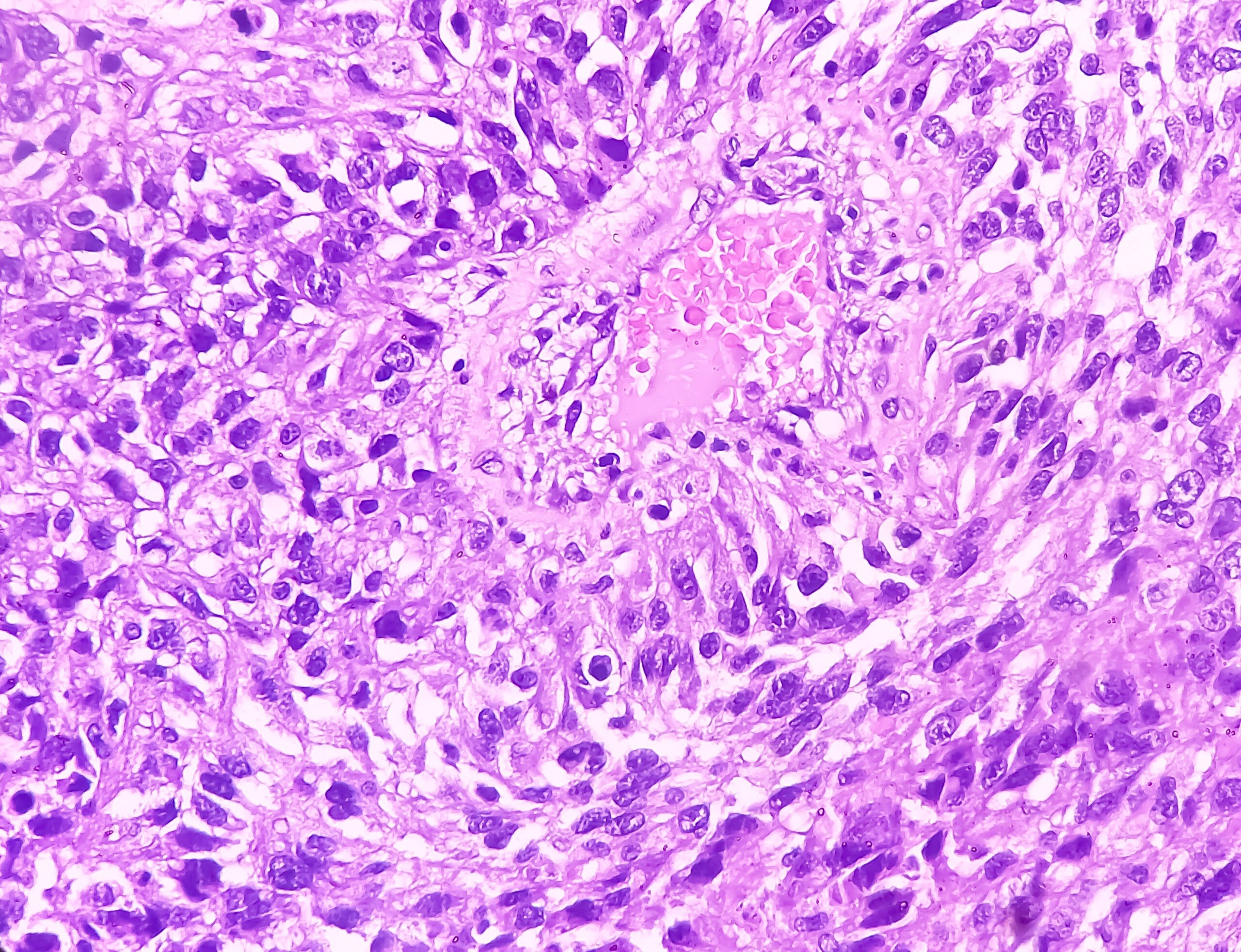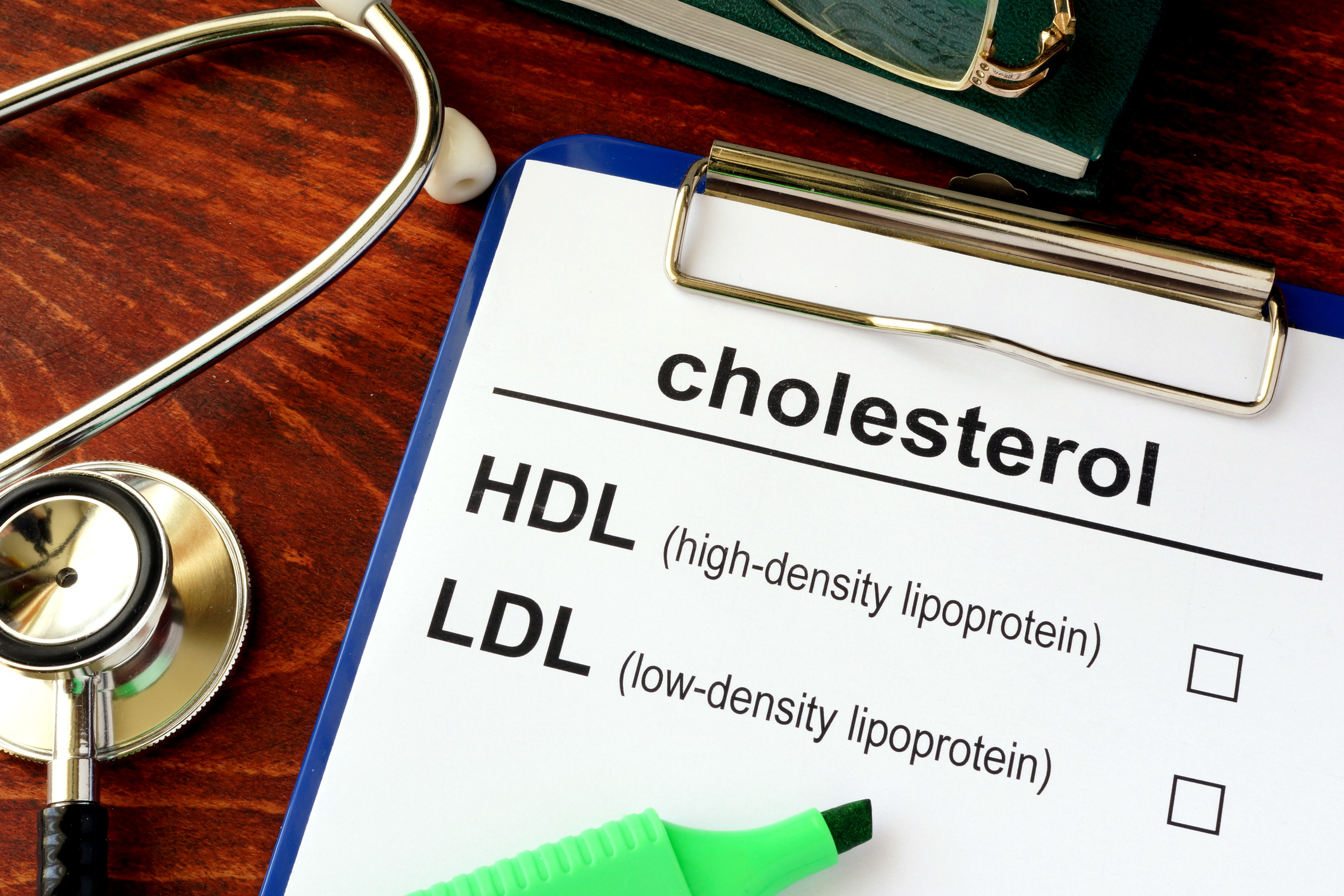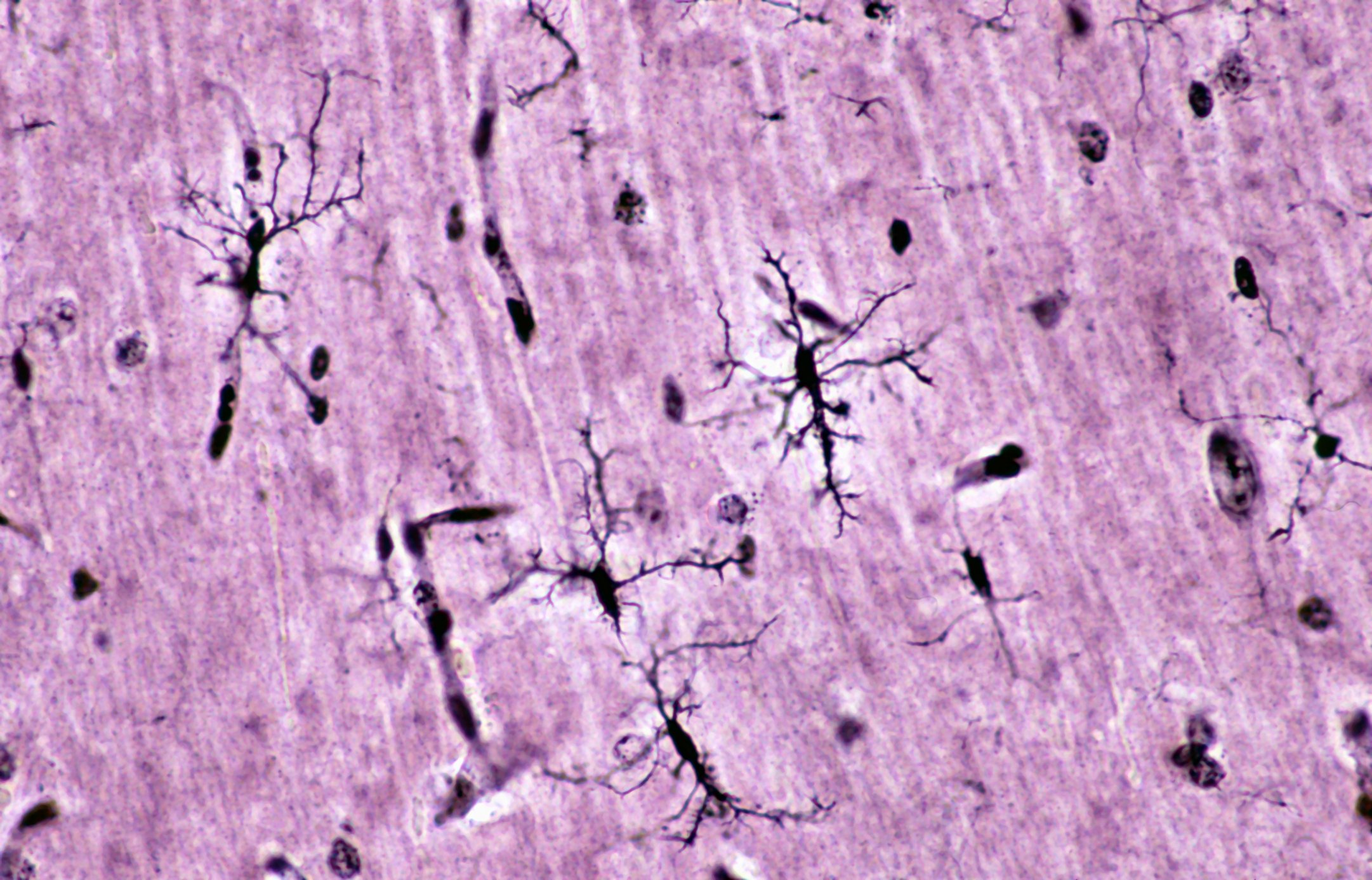There are only a few real-world studies on people who use closed-loop systems (CLS). And when they do exist, they usually only use one CLS model. A Spanish study group compared three CLSs with the aim of evaluating their long-term effectiveness under real-life conditions.
A closed-loop system combines a continuous glucose monitor (CGM) with an insulin pump and the glucose control algorithm to adjust basal insulin and correction boluses to keep blood glucose levels in the target range. Currently, all available systems require users to estimate the carbohydrate intake for meal bolus delivery. In their study, the Spanish researchers compared three systems that were funded by their national healthcare system at the start of the study: Diabeloop, Minimed 780G and Tandem Control-IQ.
In addition to long-term efficacy, the secondary objectives were to assess the factors associated with achieving near-normal glycemic control after 12 months of CLS use and to assess the relationship between time in range (Time in Range, TiR), the HbA1c-value and the glucose management indicator (GMI) were the focus of her interest, explained Ana Romero Gregori, Department of Endocrinology and Nutrition, Hospital Parc Taulí, Sabadell, Barcelona [1].
Their retrospective, non-randomized longitudinal study included adults with type 1 diabetes who initiated a CLS between April 2021 and March 2022 and provided data for ≥12 months. The scientists analyzed the baseline, 3-month, 6-month and 12-month data with regard to glycemic results and their baseline characteristics. Statistical analysis of the association of characteristics with HbA1c at 12 months consisted of univariate analysis followed by multivariable analysis using linear regression with continuous 12-month HbA1c as the dependent variable.
Data was collected from 260 users of a closed-loop system. 112 users had to be excluded because they did not meet the criteria for a 12-month follow-up. Of the remaining 148 users, 16 were excluded from the analysis for various reasons (pregnancy, switching to another CLS during the study period, discontinuation of the CLS because the users had not become accustomed to using a pump). Finally, 132 patents were analyzed:
- 59 users of Diabeloop,
- 40 users of Minimed 780G and
- 33 users of Tandem Control-IQ.
HbA1c value significantly reduced
The average age of the cohort was 45 years, 90 of the 132 participants were female, and the average BMI was 27 kg/m2. 38% of the users received injections several times a day, the average HbA1c value was 7.5%. 92% used continuous glucose monitoring (CGM) and 54% used an insulin bolus advisor. There were no significant differences between the three groups for most baseline characteristics, with the exception that Minimed-780G users were younger, had a higher level of education and used the insulin bolus advisor in a higher percentage.
After three months, the mean HbA1c value fell significantly to 6.8%, resulting in a decrease of 0.7% compared to baseline. After 1 year, the mean HbA1c-value to 6.6% (Fig. 1). In addition, after one year 77% of users had an HbA1c-value of less than 7%, for 17% it was between 7% and 7.5% and only 6% of users had an HbA1c-value of more than 7.5%.
In terms of CGM outcome, TiR increased from 60% to 74% in all patients after three months, with a time in hypoglycemia of 1.9%. The GMI improved to 6.9% and the coefficient of variation fell to 31%. These results were maintained even after 12 months of CLS application, according to Romero Gregori.
The percentage of users who achieved the target values recommended by Battelino and colleagues [2] increased over the course of the study. After three months, 66% of users achieved a TiR of more than 70%, after one year it was 71%. The time below range (TbR ) increased from 88% after three months to 91% of users after one year.
CGM outcomes under CLS
After 12 months, the scientists observed better blood glucose control with the Control-IQ system and the Minimed-780G system compared to the Diabeloop system. “In the Minimed-780G group, a TiR of 79% was achieved after three months, which was maintained over the entire duration of the study. In the IQ Control group, a time in range of 72% was achieved after three months, and this percentage rose to almost 76% by the end of the study,” says Romero Gregori. A TiR of 69% was achieved under Diabeloop. After 12 months, the mean GMI was 6.9% ± 0.4% (54% GMI <7%, 44% GMI 7–7,5%, 2% GMI>7.5%), the mean TiR was 74% ± 9% (69% TiR >70%) and the mean TbR <70 mg/dl was 1.9% ± 1.
With regard to the HbA1c value, a significant decrease from the initial value up to 12 months was observed in all systems. With Diabeloop, the mean HbA1c value fell from 7.7% at baseline to 6.8%. With Minimed 780G, it fell from 7.3% to 6.7%. With Control IQ, it fell from 7.5% to 6.4%. In the study, the correlation between TiR and GMI at 12 months was stronger than between TiR and HbA1c at 12 months.
Factors associated with the HbA1c value after 12 months
Finally, Romero Gregori and her colleagues performed a univariate and a multivariate analysis to identify factors associated with HbA1c levels at 12 months. In the univariate analysis, the 3-month and 6-month HbA1c as well as the 12-month GMI were positively associated with the 12-month HbA1c. In contrast, the 12-month TiR was inversely associated with the 12-month HbA1c.
In terms of patient characteristics, use of Control-IQ, higher education level, increased use of sensors and number of daily carbohydrates were inversely associated with 12-month HbA1c (all p<0.04). No associations were found with gender, age, baseline weight, physical activity, duration of DM, previous DM treatment, previous use of insulin bolus advisors or insulin doses.
In the multivariable analysis, the 3-month HbA1c value, the CLS model and a higher level of education remained associated with the 12-month HbA1c value. The correlation between TiR and GMI (r=-0.91; p=0.000) was stronger than between TiR and HbA1c (r=-0.56; p=0.000).
Take-Home-Messages
- The improvement observed in closed-loop systems after 3 months continues to increase up to 12 months.
- The 3-month HbA1c value can be a valuable indicator for evaluating the 12-month HbA1c results.
- A higher level of education and the use of a closed-loop system appear to be related to the 12-month HbA1c value.
Congress: EASD 2023
Sources:
- Romero Gregori A: Lecture “The effectiveness of closed-loop systems is maintained after one year of use”; EASD Congress 2023, Hamburg, 3.10.2023.
- Battelino T, Danne T, Bergenstal RM, et al: Clinical Targets for Continuous Glucose Monitoring Data Interpretation: Recommendations From the International Consensus on Time in Range. Diabetes Care 2019; 42(8): 1593-1603; doi: 10.2337/dci19-0028.
InFo DIABETOLOGY & ENDOCRINOLOGY 2024; 1(1): 26-27 (published on 14.2.24, ahead of print)


